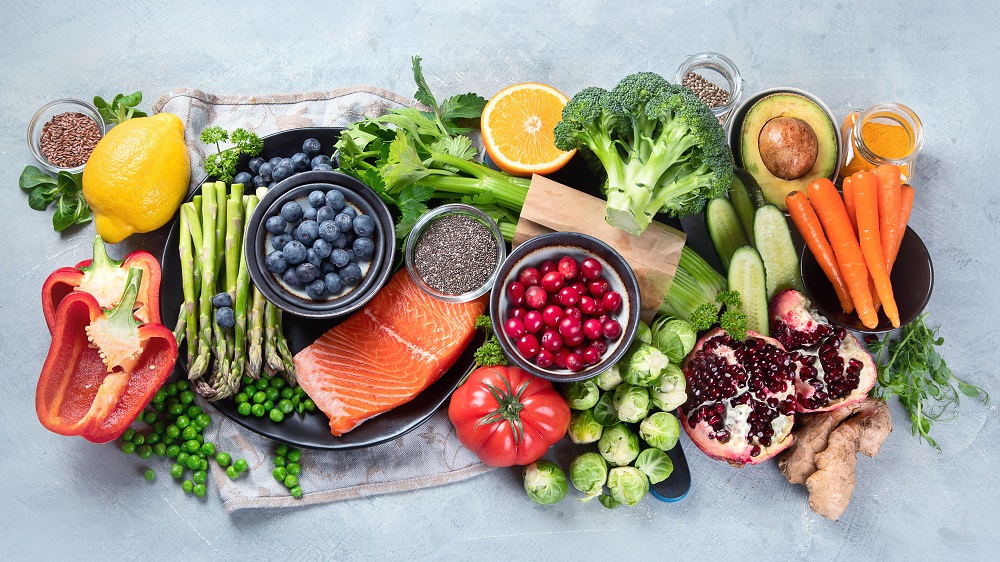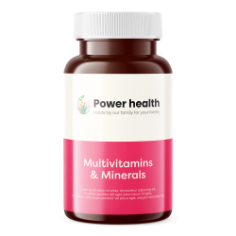What is Vitamin C?
Vitamin C, one of the most talked about vitamins, is also known as ascorbic acid, and has several important functions.
These include:
- helping to protect cells and keeping them healthy
- maintaining healthy skin, blood vessels, bones and cartilage
- helping with wound healing
- reduce tiredness & fatigue
- helps to create vitamin E
- helps to absorb Iron
- asists weight management
- supports health of gums & teeth
As our bodies can't make or store it, making sure we get enough from our diet or supplemeneting with tablets/capsules is important.
What are good sources of Vitamin C?
Vitamin C is found in a wide variety of fruit and vegetables.
Good sources include:
- citrus fruit, such as oranges and orange juice
- peppers
- strawberries
- blackcurrants
- broccoli
- brussels sprouts
- potatoes

What does vitamin C do?
Vitamin C, is needed for the growth, development and repair of all body tissues. It's involved in many body functions, including formation of collagen, absorption of iron, the proper functioning of the immune system, wound healing, and the maintenance of cartilage, bones, and teeth.
Vitamin C is one of many antioxidants that can protect against damage caused by harmful molecules called free radicals, as well as toxic chemicals and pollutants like cigarette smoke. Free radicals can build up and contribute to the development of health conditions such as cancer, heart disease, and arthritis.
As the body doesn't store vitamin C, overdose is not a concern, but it's still important not to exceed the safe upper limit of 2,000 milligrams a day to avoid stomach upset and diarrhea.
Vitamin C is one of the “water-soluble” vitamins. Because your body doesn’t store them, you need to keep them in your diet all the time to maintain healthy levels. Eat vitamin-C-rich fruits and vegetables raw, or cook them with minimal water so you don't lose some of the water-soluble vitamin in the cooking water.
Vitamin C is easily absorbed both in food and in pill form, and it can enhance the absorption of iron when the two are eaten together.
Deficiency of vitamin C is relatively rare, and primarily seen in malnourished adults. In extreme cases, it can lead to scurvy -- characterized by weakness, anemia, bruising, bleeding, and loose teeth.
Is vitamin C safe to use as a supplement?
Because Vitamin C is naturally occurring, it has an excellent safety level.
This means that it’s ok for most people to use normally without experiencing any side effects.
It’s also versatile; you can use a higher or lower concentration depending on your skin.
However, as with all supplements, care should be taken if you have any digestive issues and wish to take high levels but, a normal daily intake, as stated above, of 2,000Mg/day is perfectly safe for most people.
















